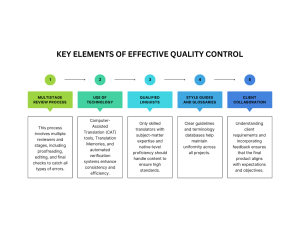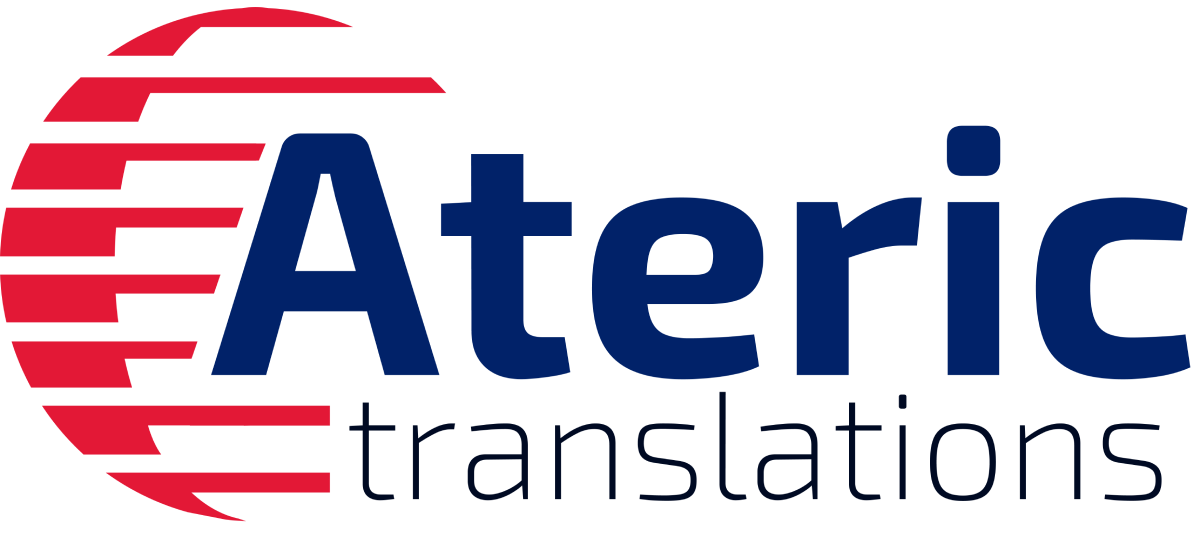
Introduction
Providing language services, such as translation, goes far beyond simply converting words from one language. It requires precision, cultural understanding, and a commitment to excellence. At the heart of delivering exceptional language services lies robust quality control. Here is why quality control is essential for language service providers and their clients.
Quality control (QC) in language services is the systematic process of reviewing and verifying the final output to ensure it meets established standards of accuracy, consistency, and cultural appropriateness. Unlike quality assurance (QA), which is proactive and implemented throughout the project, quality control (QC) is typically performed at the end to identify and correct any remaining errors or discrepancies before delivery.
Why does quality control matter?
- It ensures accuracy and consistency
Accurate translations prevent misunderstandings, miscommunications, and potential legal issues. Consistency in terminology, tone, and style across documents is crucial, especially for brands with a global reach or those operating in regulated industries such as medical, legal, and financial services. QC processes verify that the translated content matches the intent and meaning of the original, preserving the message and its impact.
- It maintains cultural relevance
Effective language services require more than literal translation. They demand sensitivity to cultural nuances, idioms, and local expectations. QC checks ensure that translations resonate with the target audience and avoid cultural missteps that could damage a brand’s reputation.
- It protects the brand reputation
High-quality translation reflects professionalism and builds trust with customers, partners, and stakeholders. Errors or inconsistencies can lead to negative perceptions, lost business opportunities, or even public relations crises.
- It reduces costly mistakes
Catching errors before the content is presented to the audience prevents expensive rework, product recalls, or legal disputes. Investing in a language service provider with an excellent QC saves time and resources in the long run by avoiding the need for corrections after publication.
- It supports compliance and risk management
Many industries are subject to strict regulations regarding documentation and communication. QC ensures that translations meet all legal and regulatory requirements, reducing the risk of non-compliance.

A practical example
Imagine a global medical device company launching a new product. A mistranslation on their website could incorrectly advertise a device as a “cure” instead of a “treatment,” leading to legal issues, customer dissatisfaction, and lost sales. With a robust quality control (QC) process, such errors are identified and corrected before publication, thereby safeguarding the company’s reputation and bottom line.
Conclusion
Quality control is not just a final step but a fundamental pillar of successful language services. It ensures accuracy, consistency, cultural relevance, and compliance, all while protecting your brand and reducing risks. By prioritizing quality control, language service providers deliver translations that truly connect and communicate, helping clients confidently achieve their global ambitions.
At Ateric Translations, we are committed to delivering flawless, culturally accurate, and consistent language solutions through our comprehensive quality control processes. By choosing us, you gain a trusted partner dedicated to excellence, reliability, and client satisfaction. Let us help you communicate effectively and succeed globally without compromise.
Related Posts
CULTURAL SENSITIVITY MATTERS IN INTERPRETATION
In our increasingly globalized world, interpreters connect people, businesses, and communities. However, skilled interpreters do…
TECHNOLOGY IN INTERPRETATION AND TRANSLATION SERVICES
Technology has significantly reshaped modern interpretation and translation services, making them more accessible, efficient, and…
THE 5 TYPES OF INTERPRETATION YOU NEED TO KNOW
Effective communication across language barriers is crucial in today’s globalized world. Interpretation services are vital…
5 TIPS FOR PLANNING MULTILINGUAL MEETINGS
In our increasingly interconnected world, multilingual meetings are essential for fostering collaboration across nations. However,…








